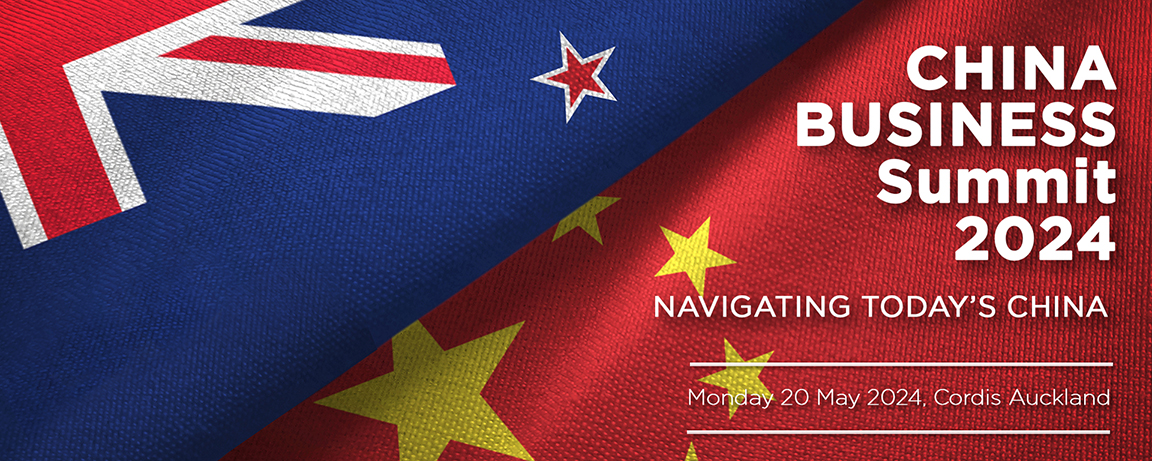Alexander Speirs visits Chinese telecommunications giant Huawei at its Shenzhen HQ and sits down with VP Scott Sykes to discuss the company and its increasing role in New Zealand’s communications ecosystem.
“We feel very welcome in New Zealand.” Sykes tells me from the outset. “The New Zealand Government and John Key have been very progressive in embracing communications technology and realize the importance of that for the future of the country.”
Since establishing operations in New Zealand in 2005, Huawei has become an integral player in our telecommunications infrastructure. Working first with 2degrees, Huawei has since partnered with Telecom and Vodafone to build mobile networks and as a supplier in the nationwide Ultra Fast Broadband rollout.
Earlier this year, Huawei founder and president, Ren Zhengfei visited New Zealand. While here Ren spoke of how grateful he was for the opportunities afforded to his company by both the private and public sector.
“In every country in the world where we operate we want to be a local company,” explains Sykes. To that end, 70% of the 120 New Zealand based staff are local hires.
Local firm Rakon has been one of the biggest winners from Huawei’s increased New Zealand presence with the communications component maker winning a five-year, $69.4 million deal to supply frequent control products in 2012.
With Huawei coming on board to build Telecom?s new 4G network, questions arose about the possibility of vendor finance being offered to secure the contract. In 2006 when Huawei built 2degrees network, vendor financing was said to be a major component of the deal. “I don’t believe [vendor financing] was a part of the Telecom deal at all,” says Sykes. “We do offer and have had banks express interest in financing the purchases of our customers. These are not blank cheque. They’re expressions of interest.”
“In the cases where customers express interest in that, we work as an intermediary to put the bank and the customer together. They then negotiate the terms, there’s nothing special about this and all of our competitors do it.
“For Huawei this is a very insignificant portion of our revenue. Last year less than 5% of our total revenue was involved in any terms of financing. It’s quite insignificant in terms of the way we do business and why a company would choose Huawei.”
Sykes emphasises Huawei’s commitment to New Zealand through the planned local innovation centre with Telecom. “We have about 35 of these joint innovation centres around the world …these are specific, single purpose, focused initiatives that we undertake with the customer and work on innovations that they can specifically apply in their networks.
“We are focused on a concept called customer-centric innovation. With Huawei, customers are king. We look for our customers to tell us what they need, what are their problems and they we put our R&D muscle on it to see if we can come up with a solution.”
Like many of the high-flying technology conglomerates, Huawei is a relatively young firm. It was founded in 1987 by Ren Zhengfei.
“We were founded at a special time,” says Sykes, explaining that in 1987 there was virtually no telecommunications infrastructure in China. Only 1 in every 100 people in the metropolitan area?s and only 1 in every 1000 people in the rural areas had connectivity.”
“The place where we were founded is also important because it defines are ownership structure and our corporate governance structure,” adds Sykes.
Huawei is 100% employee owned with 74,000 employees owned holding a stake in the business ? a point Sykes emphasizes in response to well covered public concerns about involvement of the Chinese government in Huawei.
“Our ownership structure allows us to take a longer term view and make the right decisions in terms of customer and technology focus. With only our employees to answer to, the focus isn?t on quarterly numbers and how many handsets we’ve sold. We are able to control our greed.”
 newzealandinc.com Informed. Influential. Indispensable.
newzealandinc.com Informed. Influential. Indispensable.

